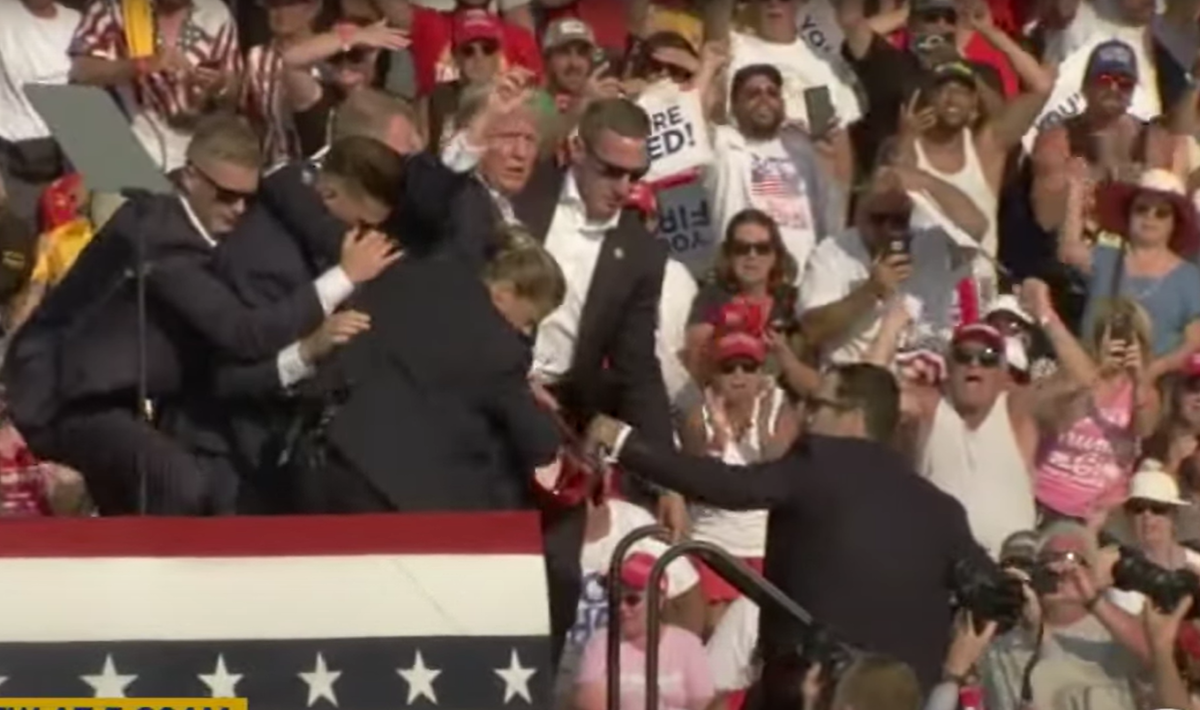The assassination of conservative commentator Charlie Kirk has reignited a contentious debate over the sources and interpretations of data regarding political violence in the United States. Critics argue that recent studies exaggerate right-wing violence while downplaying incidents attributed to the left.
Explainer Charlie Kirk Overview
In a September 12 article, The Economist reported that extremists from both the left and right commit acts of violence, but suggested that more incidents are linked to right-leaning individuals. The piece acknowledged that its data was largely compiled by researchers who may be viewed as biased by conservative audiences.
The Prosecution Project, which claims to track felony cases involving political violence since 1990, is at the center of this controversy. Its founder, Michael Loadenthal, has been described as having affiliations with Antifa and a far-left ideology, raising questions about the objectivity of the data presented.
"The Prosecution Project’s methodology and its leadership raise concerns about the reliability of its findings," said Ryan James Girdusky, a political analyst.
The Prosecution Project’s methodology and its leadership raise concerns about the reliability of its findings,
Ryan James Girdusky
The Project's website lists several cases, including that of John Reardon, who faced charges for making antisemitic threats against Jewish institutions. While the Project categorized Reardon's actions as rightist, critics have pointed out that his political affiliations were not established by the Department of Justice.
Additionally, the Project included charges against Edmee Chavannes, who was found not guilty of violating the Freedom of Access to Clinic Entrances Act. Critics argue that including such cases undermines the credibility of the data.
Supporters of the Prosecution Project maintain that it provides a necessary lens through which to view politically motivated violence. However, detractors assert that it serves as a tool for leftist narratives, particularly in light of Kirk's assassination, which many conservatives feel has been inadequately addressed by mainstream media.
Amber Duke, a journalist for The Daily Caller, recently challenged a study by Alex Nowrasteh of the Cato Institute, which claimed that politically motivated violence is rare in the U.S. Nowrasteh's analysis suggested that right-wing terrorists are more frequently responsible for such incidents, but Duke noted that he excluded significant events, including the September 11 attacks, from his calculations.
"The motivated reader can slice and dice these numbers in different ways, but must still conclude that the threat to human life from these types of attacks is relatively small," Nowrasteh stated in his analysis. Critics argue that this perspective minimizes the impact of violence on communities.
The motivated reader can slice and dice these numbers in different ways, but must still conclude that the threat to human life from these types of attacks is relatively small,
The debate over the data surrounding political violence continues to evolve, particularly in the wake of Kirk's assassination. Many conservatives feel that the mainstream narrative unfairly attributes violence to the right while ignoring leftist extremism.
As the discussion unfolds, the implications of these studies and the narratives they support will likely influence public perception and policy regarding political violence in the United States.
Why it matters
- Charlie Kirk's assassination has intensified the debate on political violence data, highlighting perceived biases in studies on right and left extremism.
- Critics argue that the Prosecution Project's data, linked to a founder with far-left ties, undermines its credibility in assessing political violence.
- The controversy raises questions about how political violence is categorized and reported, affecting public perception and policy responses.
What’s next
- Investigations into the Prosecution Project's methodology may be initiated to assess its reliability and potential biases.
- Calls for a more balanced approach to reporting political violence data are expected from conservative commentators and organizations.

